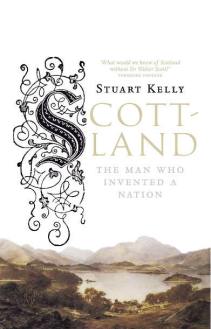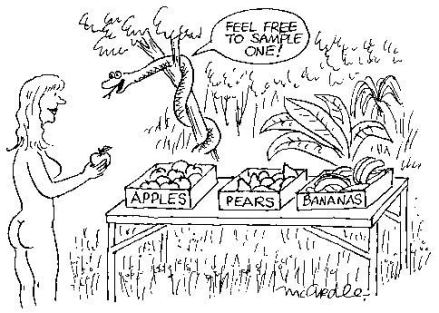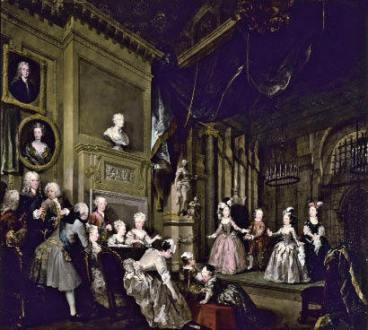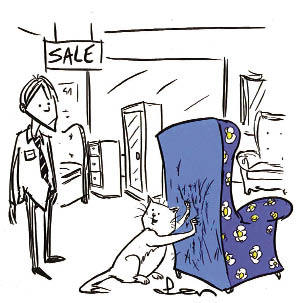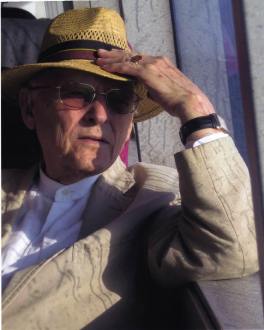The country of criticism
Karl Miller wrote a book called Doubles, exploring the duality of human nature, Jekyll and Hyde, and such like. Duality fascinates him. Another book was Cockburn’s Millennium, a study of the Scottish judge and autobiographer, an Edinburgh Reviewer, a figure so prominent in Edinburgh’s Golden Age that the society which sets out, not always successfully,



